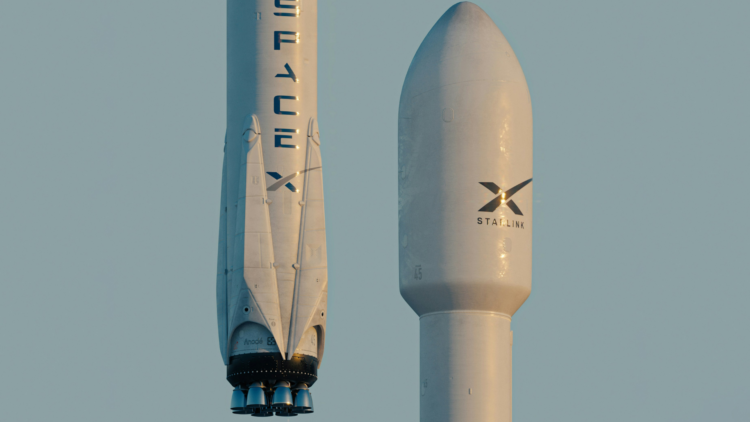‘Starlink IS NOT active in Russia’
Shortly after the GRU report floated around cyberspace, Starlink released its side of the story and insisted that the company is “not active in Russia, meaning the service will not work in that country.”
A spokesperson for Putin, Dmitry Peskov, also told reporters the same line on February 12, saying the company is “not certified [in Russia]; therefore, it cannot and is not officially supplied here.”
“It cannot be used in any way,” Peskov added, quoted by Russian newswire Interfax.
Not to mention how Musk stated that if, in any way, “SpaceX obtains knowledge that a Starlink terminal is being used by a sanctioned or unauthorized party,” they would take action on investigating the claim and deactivate the reported terminal as soon as confirmed.
SpaceX does not do business of any kind with the Russian Government or its military.
Starlink is not active in Russia, meaning service will not work in that country. SpaceX has never sold or marketed Starlink in Russia, nor has it shipped equipment to locations in Russia. If…
— Starlink (@Starlink) February 8, 2024
Technological Paradox: The Dual-Use Dilemma
Nevertheless, the implications of this scenario stretch beyond the immediate tactical advantage it gives Russian forces.
It’s a stark reminder that in today’s world, the tools of everyday life can quickly become weapons of war.
Satellite internet, designed to bridge the digital divide, now potentially guides missiles to their targets.
It’s a perverse twist on globalization, where technology’s reach extends not just to distant markets but into the very heart of conflict zones.
Rethinking Warfare in the Digital Age
For the Ukrainian forces and their allies, this development can still serve as a wake-up call, demanding a rethink of how technology is wielded on the modern battlefield.
It’s not just about countering the physical might of an invader but neutralizing their digital advantage as well.
The race for technological superiority is no longer confined to research labs and corporate boardrooms but plays out in the mud and blood of besieged cities.
This saga also casts a long shadow over the commercial space race, with companies like SpaceX finding their inventions repurposed for purposes far removed from their original, starry-eyed ideals.
Blending civilian innovation with military strategy opens Pandora’s box of ethical quandaries and regulatory nightmares, challenging us to rethink the boundaries between the commercial and the martial.
Navigating the Future: Ethics, Regulation, and Responsibility
As we stand on this strange new battlefield, the questions pile up like spent casings.
How do we prevent the tools designed to connect us from becoming the very means of our destruction? What responsibilities do corporations have when their technologies are repurposed for war? And in the murky waters of international conflict, how do we ensure that innovations meant for the betterment of humanity are not turned against it?
The story of Starlink and its unintended role in the Ukraine conflict is more than just a tale of technological intrigue; it’s a reminder that in the age of information warfare, the front lines are everywhere.
From the skies above to the devices in our pockets, the war for the future is being fought in the here and now, demanding vigilance, innovation, and, above all, an unwavering commitment to ensuring that the tools we build to bring us together are not used to tear us apart.
In the end, as we navigate this brave new world of warfare, the challenge lies not just in outmaneuvering our adversaries on the battlefield but in safeguarding our shared humanity’s essence in the face of technologies that know no borders, loyalties, or morals.
The war of tomorrow won’t just be fought with drones and artificial intelligence but with the very fabric of our interconnected world, making every satellite, every server, a potential front in the ceaseless struggle for peace.










COMMENTS